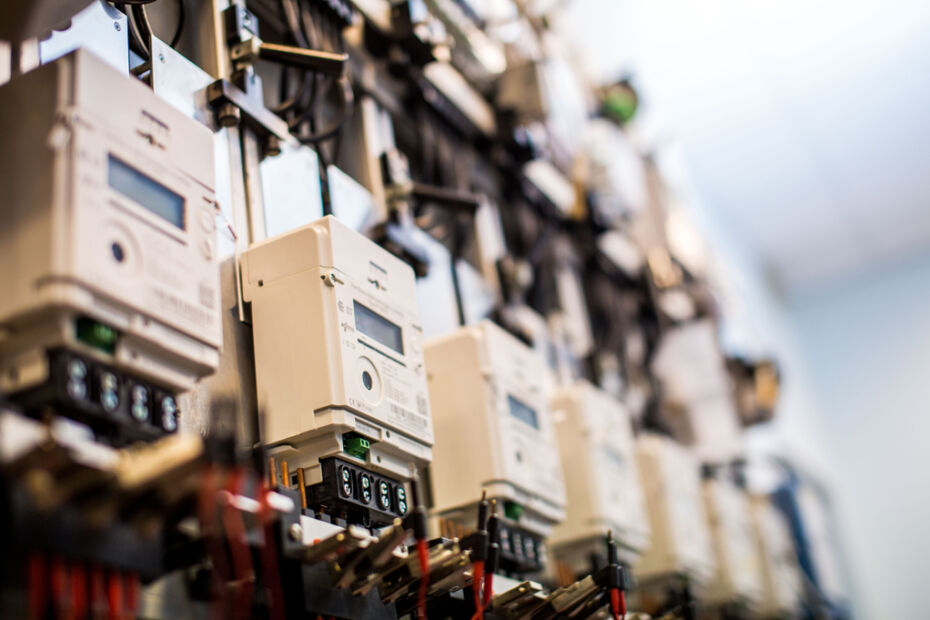Latvia completes smart meter rollout
- June 7, 2023
- Steve Rogerson

Latvia has finished its smart electricity metering programme, providing more than a million users with remote and automated electricity metering, various data services and other benefits.
Electricity distributor Sadales Tīkls said this had improved customer satisfaction and created a digital transformation leading to operational efficiency. Smart meters can help electricity market and energy industry development, including distributed generation and the achievement of national energy and carbon neutrality goals.
During its implementation, the smart metering programme has already increased the operational efficiency of Sadales Tīkls, while improving the quality and speed of customer services. Investment was paid off during programme implementation and the investments programme benefit is expected to be €32.8m during the smart meter lifetime. This includes the reduction of FTEs (-500 FTEs); reduced electricity losses (-4.5TWh from 4,77% in 2014 to 3.67% in 2022); and reduced number of vehicles (-226 cars).
The cost to implement one smart meter connection point was €40, and the total programme investments comprised €44.5m, said to be one of the lowest costs in Europe.
G3 PLC FCC technology – data transmission using power lines – was mainly employed, using the Sadales Tīkls infrastructure. Digital management and communication technologies make it possible to achieve high data availability and provide Latvian electricity market participants with various advantages in everyday business, by providing data with a minimal time delay.
“The implementation of the electricity smart metering programme is the most ambitious digitalisation project in Latvia in recent years,” said Baiba Priedīte, chief customer officer of Sadales Tīkls. “Targeted investments in the company’s digital transformation have led to a significant increase in operational efficiency. Data are the cornerstone for innovation and growth, an important prerequisite for the development of the electricity market. Even after the full implementation of the smart metering programme, Sadales Tīkls continues to develop new services that are important for further development of the energy industry.”
The data obtained by smart electricity meters are the basis for important innovations. Expanded data services provide opportunities for company energy management. Sadales Tīkls is offering data services on consumed, generated active and reactive energy with reading frequency for the previous day, twice a day or even for the previous hour. Digital and automated management of the low-voltage power grid improves the maintenance of the power grid and the quality of services by speeding up the fixing of electricity interruptions.
Big data management and data analytics tools give the possibility to use AI. Pilots are ongoing with other utility meters to test possibilities to acquire and process gas meter data remotely. Smart meters provide the development of distributed generation, which has been increased significantly in recent years. Open data sets of electricity consumption provide information for researchers and energy start-up companies.
During the programme, meters were installed for 99% of Sadales Tīkls customer connection points. Regarding the remaining circa 15 000 customers, Sadales Tīkls will contact them to agree on the most suitable time for changing the meter. Smart electricity meter data are available at any time and free of charge in customer portals; data are split into months, days or hours. These data are used by more than half of customers, and they can help improve energy efficiency by around 20%. Free-of-charge data let the user analyse consumption patterns and become more energy efficient, raise interest about energy market developments, and





